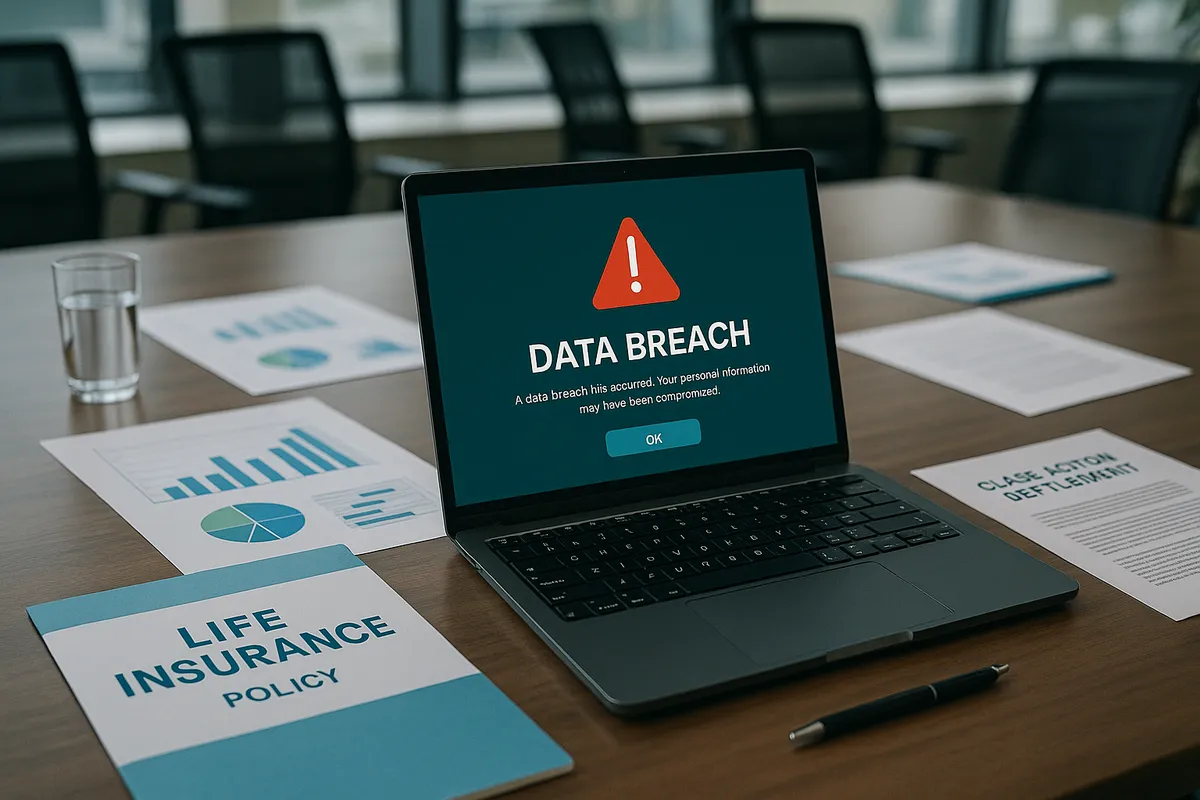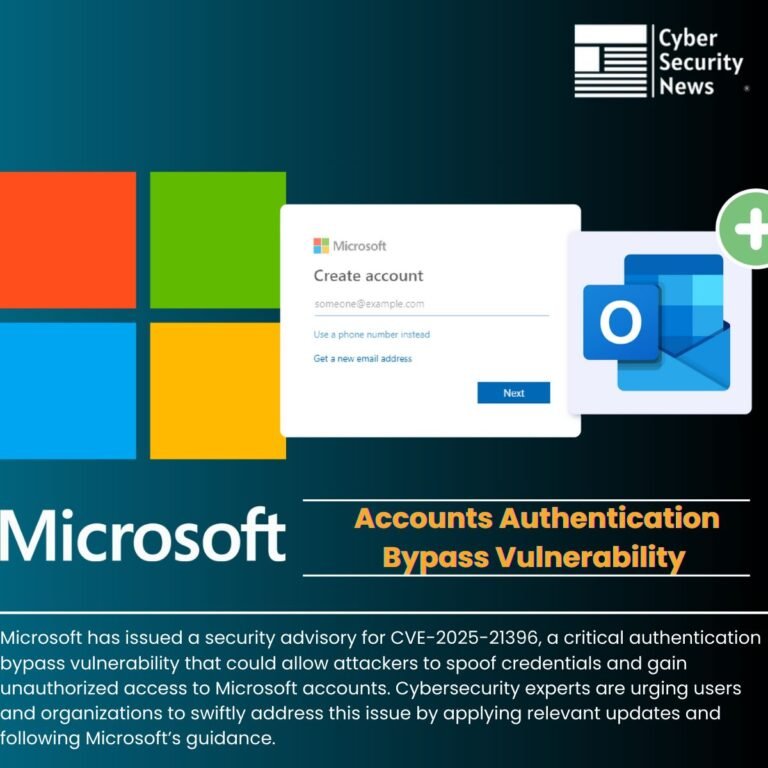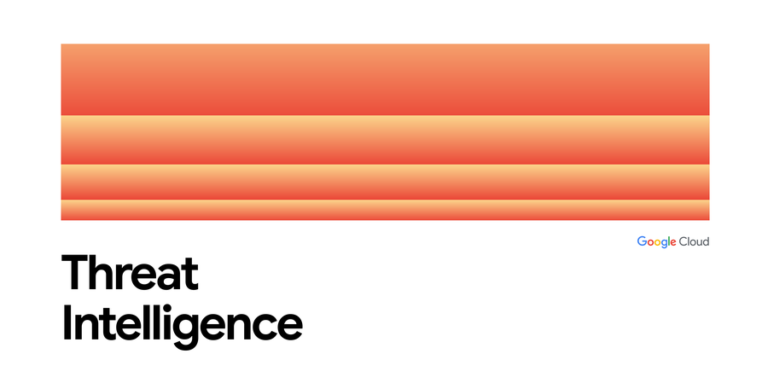Hospital Sisters Health System Settles Class Action Data Breach Lawsuit for $7.6 Million
In a major development in healthcare cybersecurity liability, Hospital Sisters Health System (HSHS) has reached a settlement of $7.6 million to resolve class action claims arising from a cyberattack in August 2023.
What Happened: The Data Incident
- Between August 16 and August 27, 2023, threat actors gained unauthorized access to HSHS’s systems.
- The breach impacted approximately 883,000 individuals, including patients and employees.
- The intrusion disrupted critical services: computer systems, phone lines, websites, and specifically HSHS’s MyChart and MyPrevea applications were taken offline for several days.
- Files accessed included personally identifiable information (PII) and protected health information (PHI).
- Notice letters to affected individuals began in October 2023.
The Class Action and Settlement Terms
After multiple lawsuits were filed over common claims, the cases were consolidated into In re Hospital Sisters Health System Data Breach Litigation, in the Chancery Court of Sangamon County, Illinois.
HSHS denies all allegations of liability but agreed to settle to avoid protracted litigation.
Under the proposed settlement:
Class members may enroll in two years of financial data monitoring, via the CyEx Financial Shield package.
- A $1 million financial fraud insurance policy is included.
- Individuals can claim reimbursement of documented, unreimbursed losses (up to $5,000 per member) or choose a pro rata cash payment option.
The settlement also allocates funds to attorney fees, administrative costs, and class representative awards.
Key deadlines include:
Submit claim / opt out / object November 14, 2025
Final fairness hearing December 4, 2025
Implications for Healthcare & Cybersecurity
This settlement underscores several key lessons:
- Health systems are high-value targets. A successful breach in a large hospital network can affect hundreds of thousands of individuals and incur multi-million dollar exposure.
- Cyber risk translates to legal risk. Even with denials of wrongdoing, organizations may choose to settle to control costs, avoid uncertainty, and limit reputational damage.
- Class action exposure in data incidents is growing. Plaintiffs typically assert negligence in failing to implement adequate security measures and failing to detect intruders in time.
- Beyond penalties: operational and regulatory consequences. Hospitals must revisit cybersecurity governance, incident response, monitoring, and compliance obligations (e.g. under HIPAA, state data breach laws) to reduce future risk.
- Notification and remediation matter. Timely, transparent communication with affected individuals and offering monitoring / insurance benefits can mitigate further harm and bolster public trust.
At Summit Systems, advising large healthcare networks facing such exposures, our recommendations would include:
- A rigorous post-incident forensic review: map intrusion paths, root causes, and vulnerabilities.
- Harden perimeter and internal segmentation, with multi-factor authentication, zero-trust controls, and continuous monitoring.
- Deploy advanced threat detection (e.g. EDR, behavioral analytics) to catch anomalies early.
- Conduct regular tabletop incident response drills involving legal, clinical, IT, PR, and compliance teams.
- Maintain a robust vendor/third-party risk management program.
- Ensure backup and recovery processes are secured and tested—so operational services (like MyChart) can resume quickly.
- Prepare standardized playbooks for breach notification, legal handling, and class action scenarios.
Conclusion
The $7.6 million settlement by HSHS is yet another example of the powerful financial and reputational stakes connected to health data breaches. For hospitals, health systems, and any entity that handles sensitive personal information, cybersecurity is no longer just a technical concern—it is a strategic, compliance, legal, and business imperative.
Media Disclaimer: This report is based on internal and external research obtained through various means. The information provided is for reference purposes only, and users bear full responsibility for their reliance on it. Summitsystemsissp assumes no liability for the accuracy or consequences of using this information






